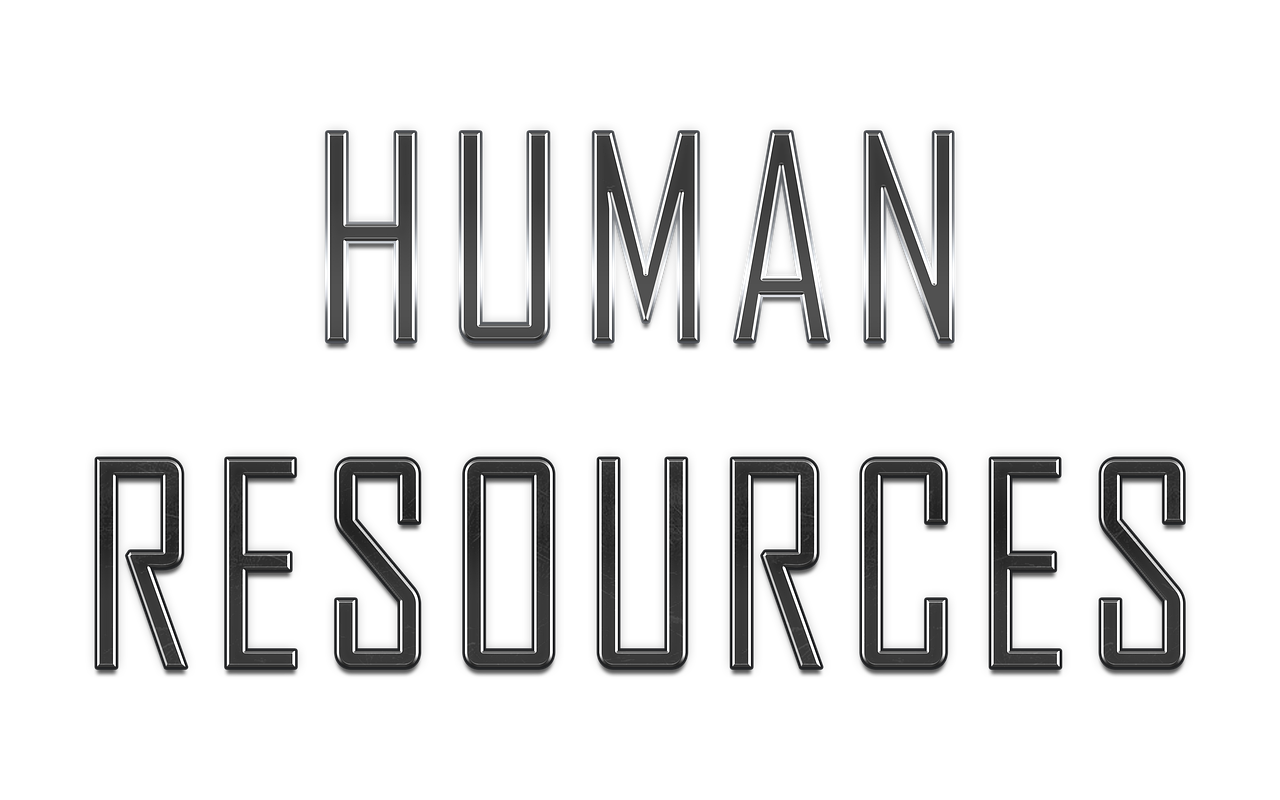Each business is made up of a mixture of people from all walks of life, each bringing their own experience and expertise to the wider team. With so many different people coexisting in one business, the importance of a functioning HR department cannot be overstated. From helping liaison between employees, to allowing workers to find a work style that suits their needs – HR is extremely important for any business to ensure employee wellbeing and satisfaction. There are a wide range of issues that fall under the responsibility of HR, her e are some of the most important *HR trends that businesses should be aware of and have solutions for.
1. Financial wellbeing
With ongoing economic circumstances causing much of the UK population to struggle financially, salary has become one of the key concerns for most employees – particularly those on a lower income. Salary reviews, pay equity and benchmarking are all likely to be high priority for HR managers to avoid losing existing talent. Similarly, employee benefits and their communication are becoming increasingly important.
However, the economic climate has also had a significant impact on businesses, meaning not all can afford to increase their workers’ salaries. Flexible workforce management – such as utilising short-term staffing – can play a key role in ensuring that the core team is adequately paid while, at the same time, reacting flexibly to external circumstances.
2. Diversity and inclusion
By now, all businesses should be striving for a diverse and inclusive workforce. Not only does this lead to better employee satisfaction – knowing that everyone belongs – it can also increase productivity, by bringing in employees with unique experiences and skill sets that can benefit the workplace.
The digitalisation of the workplace has helped to make diversity and inclusion easier – providing an extended reach, and therefore a diverse pool of applicants within a very short time regardless of location. Diversity strategies can be implemented easily and in a targeted manner, by job offers being made accessible to all people – regardless of their background.
3. Older workers
Unfortunately, age discrimination in the workplace has been an obstacle for older workers for quite some time. However, we are now starting to see an improving trend in the number of 50-64 year olds employed by companies. In June 2022, the employment rate for 50–64-year-olds was 70.7% (Gov.uk) – up from 57.2 % in 1995.
This is great news, not only for the workers themselves, but also for companies. The qualities and know-how of older workers are increasingly in demand, and the increase in elderly workers helps to actively counteract the shortage of skilled workers.
4. Employer branding
Employer branding is one of the key trends for 2023, allowing companies to improve their image and reputation to potential employees. It is essential, as a company, to communicate that the wellbeing and development of employees is important to them – in order to make themselves appealing.
This is especially important for younger workers. Statistics show that 92% of Gen Z and Millennials say that they would consider changing jobs to a company with an excellent corporate reputation. Every company loses potential talent and future leaders if this working climate cannot be communicated effectively.
*Guide from Coople









